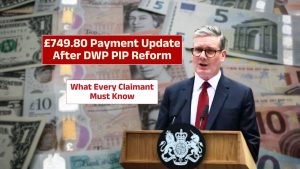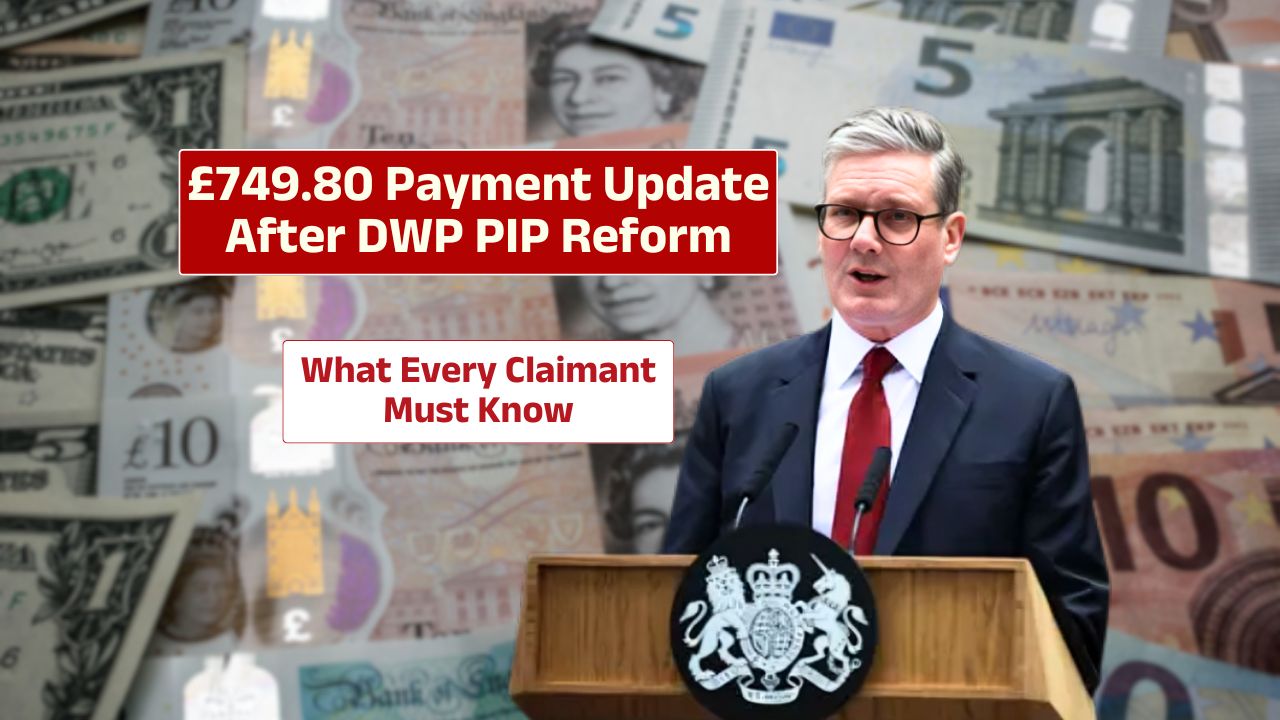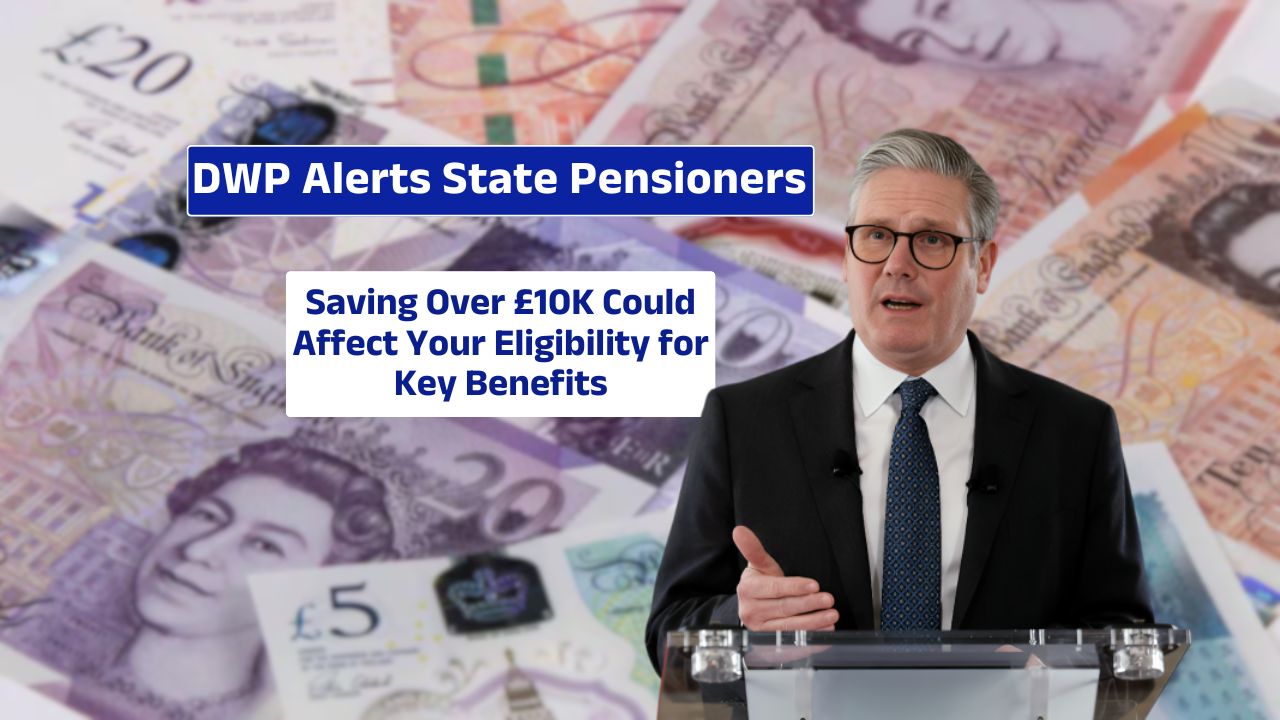Pensioners across the UK are being urged to check their finances after warnings from the Department for Work and Pensions (DWP) revealed that some may owe as much as £3,000 due to changes in savings rules and benefit eligibility.
This unexpected financial outcome has caught many off guard — especially those who thought they were following the rules. If you’re retired and receiving benefits, here’s what’s going on and what steps you should take now.
Warning
The DWP has confirmed that thousands of pensioners may face repayment demands of up to £3,000. The issue primarily affects those with savings above £3,000 who are also claiming state benefits like Pension Credit or Housing Benefit.
These individuals may have unknowingly breached savings thresholds or tax rules, triggering reviews, repayments, or benefit reductions.
Here’s a quick breakdown of the current situation:
| Topic | Details |
|---|---|
| Who is affected? | Pensioners with savings over £3,000 |
| Problem | May owe back benefits or taxes due to undeclared savings |
| Cause | Savings threshold breach or outdated pension data |
| Action Needed | Contact DWP, review savings and pension status, get advice |
| Risk | Repayment demand up to £3,000 or more |
Cause
So, how did this happen? It comes down to government policy changes and missed communications. In some cases, pensioners received more financial support than they should have — often without realising it — because their savings crept above the limit.
In other cases, underpayment of pensions due to outdated state pension data led to recalculations and follow-up adjustments. Either way, pensioners are being hit with sudden news of owed tax or benefit overpayments. It’s a situation made worse by the lack of clear notifications from DWP and HMRC.
Savings
Under current guidelines, pensioners must declare their savings when applying for benefits. If your savings exceed £3,000, certain benefits are reduced, and once you go over £16,000, most benefits stop completely.
However, the trouble starts when savings go unnoticed or unreported. Even a minor miscalculation can result in overpaid benefits, leading to retroactive demands for repayment. In one case, a pensioner ended up with a £3,000 bill — all due to failing to update their savings information.
Pension
Another part of the issue is state pension underpayments. Some pensioners were never informed that their pension had changed, which meant they were being paid less than they were entitled to.
As the DWP corrects these issues, it’s adjusting future payments and backdating owed amounts. But for others, especially where tax or benefit overlaps occur, a review could trigger repayment notices.
Action
If you’re a pensioner and worried about this, here’s what you should do immediately:
Review your savings
Make sure you know exactly how much is in your savings accounts. If it’s more than £3,000, your benefit eligibility might change. If it’s significantly higher, speak with a financial advisor about what that means for you.
Check your state pension
Use the UK government’s pension portal or contact DWP to verify your current pension rate. If you’ve been underpaid or missed out on increases, request a review.
Contact DWP
If you’ve received a warning or just want peace of mind, contact the DWP helpline and ask for a benefits review. They can walk you through what to expect and help you update your information.
Talk to a tax advisor
If there’s any chance you’ve been overpaid or owe back taxes, get professional advice before responding to any repayment letters. A tax advisor can help ensure you don’t end up paying more than you legally owe.
Planning
While this may feel overwhelming, it’s also a reminder of how important it is to manage your finances carefully in retirement. Here’s how to reduce risk moving forward:
- Track your savings regularly and don’t let it cross thresholds unknowingly
- Update your personal information with DWP anytime you change income, bank accounts, or circumstances
- Use online tools like pension and benefit calculators to estimate your entitlements
- Plan for the long term, including setting up emergency savings and planning for future medical or care needs
The truth is, many pensioners are just trying to live on fixed incomes and are being caught out by complex rules. But with awareness, action, and advice, you can avoid a nasty surprise in the form of a £3,000 repayment notice.
FAQs
Who is affected by the £3,000 DWP warning?
Pensioners with savings over £3,000 receiving state benefits.
Why are pensioners being asked to repay money?
Due to undeclared savings or benefit overpayments.
How do I know if I owe the DWP?
Contact DWP or check your savings and benefit records.
What are the pension savings thresholds?
Benefits may reduce over £3,000 and stop above £16,000.
Can I appeal a DWP repayment request?
Yes, you can appeal if you believe the decision is wrong.

















